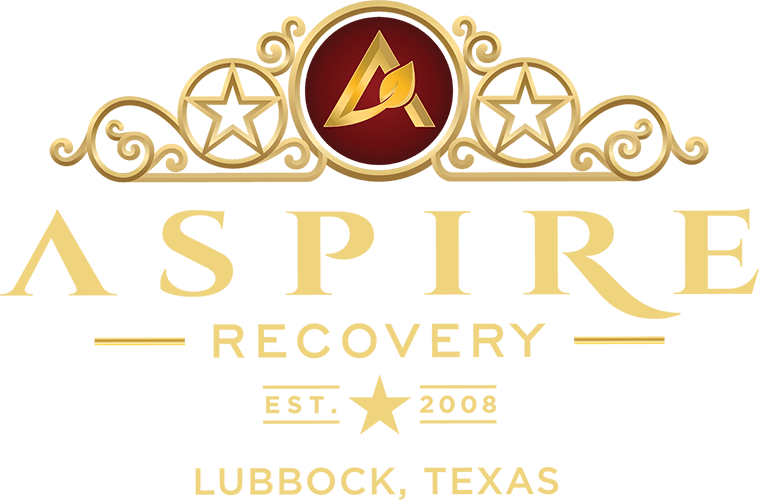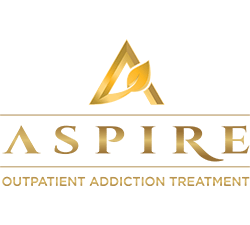Motivational Interviewing
Person-Centered Drug Rehab
Motivational Interviewing is a person-centered drug rehab approach used to help clients develop internal motivation to change. This approach is effective in the treatment of substance use disorders. There are five principles in motivational interviewing that help the client progress towards change.
Comprehensive Drug Rehab: Expressing Empathy
The therapist expresses empathy by remaining nonjudgmental, conveying respect and acceptance, and engaging in active listening. When an individual feels heard and understood, they are more likely to continue engaging in the therapy. The conveying of respect helps individuals understand they are in a safe and non-judgemental space.
Drug Rehab Therapy: Develop Discrepancy Awareness
The therapist also points out inconsistencies between the client's current actions and their core values and goals. Helping individuals develop an awareness of discrepancies between their long-term goals and current behaviors is crucial for lasting change. While living in active addiction, it is difficult to rectify long-term planning with current actions. In a therapeutic drug rehab setting, clients can begin to see a cause and effect relationship.
Dynamic Drug Rehab: Alteration of Approach
The therapist refrains from arguing with the client, and they also respond to client resistance by adjusting their approach. Instead of forcing a particular belief on an individual, motivational interviewing allows the therapist to adjust their approach. This helps individuals consider different perspectives they are initially adverse to accepting. This dynamic approach to drug rehab leads to the adoption of healthier behaviors rather than placing blame on the client for being resistant.
Drug Rehab Through Encouraging Self Efficacy
Finally, the therapist encourages self-efficacy by encouraging the client to assess their strengths and their ability to achieve change. Therapists using this approach will typically engage in reflective listening, ask open-ended questions, summarize themes, provide affirmations, and allow the client to find motivation from within. The final step of motivational interviewing is helping clients become autonomous with their decision-making process. This can be done after self-efficacy is achieved.
For more information visit Center for Substance Abuse Treatment. (1999). Chapter 3—Motivational interviewing as a counseling style.Enhancing Motivation for Change in Substance Abuse Treatment. Substance Abuse and Mental Health Services Administration (US), Rockville (MD).



